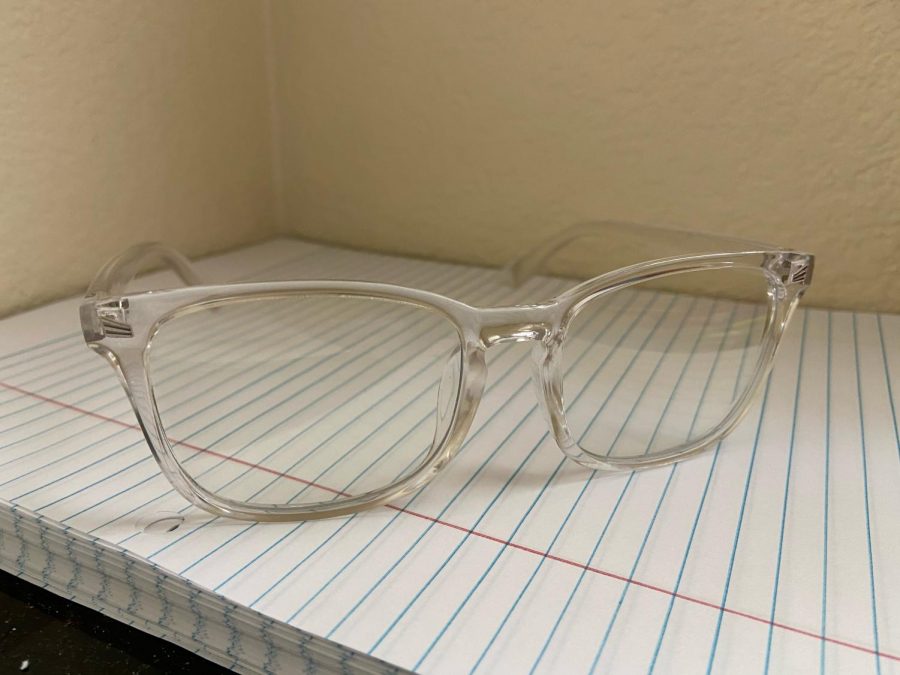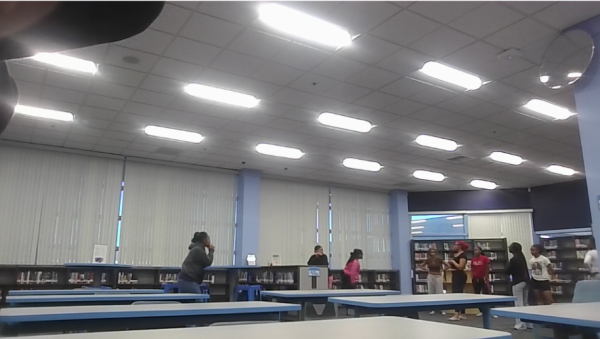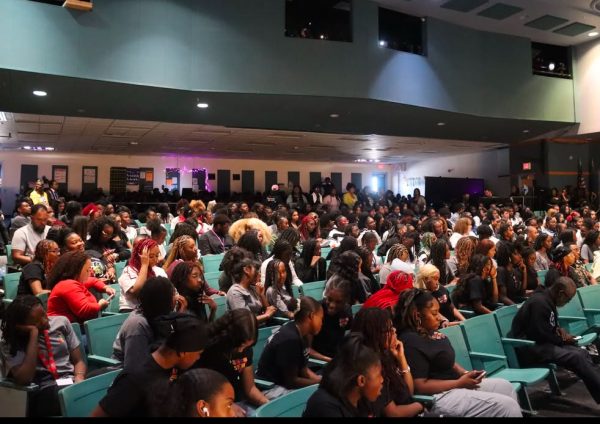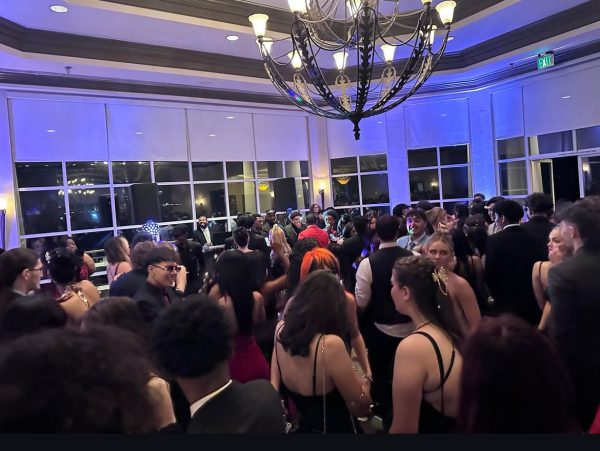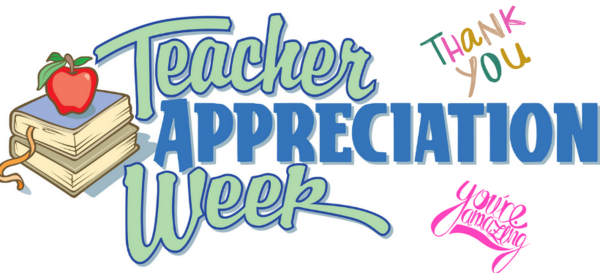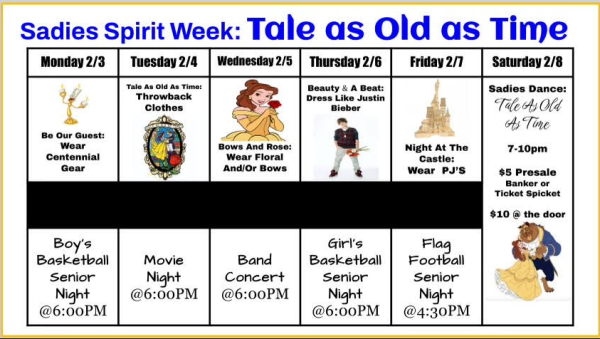Blue light has dark effects
Blue light glasses come in many styles and frames.
Online schooling is the newest frontier in education, and with its positives comes its negatives. However, unbeknownst to most students, there exists a silent affliction in the form of blue light.
Blue light is an increasingly more common wavelength of light that primarily originates from electronic devices. Now as the typical seven-hour school day moves completely online, blue light exposure has increased significantly.
Students and teachers may not even realize that their increased headaches and tired eyes are a consequence of too much screen exposure.
According to a study done by the University of Toronto, there is evidence that blue light also acts as a melatonin suppressor. Melatonin is a necessary natural hormone that is responsible for regulating the human sleep cycle, so blue light can be catastrophic to one’s circadian rhythm. Teenagers already struggle as is with natural sleep patterns that do not adhere to school hours, so this additional disruption as a result of online classes worsens an already prevalent problem.
Short-term effects may seem mild and bothersome, but the long-term effects are even more severe. Researchers at the International Journal of Ophthalmology have drawn links between these high energy wavelengths and retina diseases such as dry eye, cataracts, age-related macular degeneration. Any of these can lead to permanent eye damage, and in severe cases, blindness.
To claim that online school days can lead to blindness is a slippery slope claim, but frequent users of technology do need to be made aware of even the unlikeliest risks.
Blue light damage is not unpreventable though. The use of blue light blocking glasses has been popularized this school year, and although their effectiveness is debated, many claim to see and feel benefits. The University of Houston conducted a study in 2017 that showed proof of use of blue light glasses increasing melatonin levels by up to 58%.
Whether or not the benefits of blue light glasses are a result of the placebo-effect, or the consequences of blue light damage are too minimal to be concerned with, students and staff alike should make an effort to reduce general eye strain.
The American Academy of Ophthalmology recommends that everyone sits further away from their screens, takes frequent eye breaks, and decreases general nighttime electronic use.


